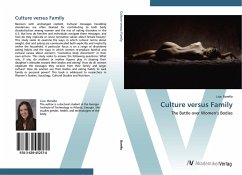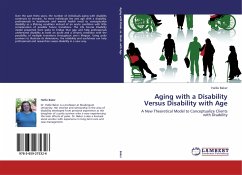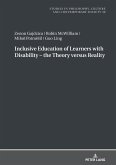Revision with unchanged content. Cultural messages heralding slenderness are often blamed for contributing to both body dissatisfaction among women and the rise of eating disorders in the U.S. But how do families and individuals navigate these messages, and how do they replicate or resist normative values about female beauty? This study seeks to examine the ways in which cultural norms about weight, diet and eating are communicated both explicitly and implicitly within the household. A particular focus is on a range of disordered eating habits and the ways in which women re-produce familial and cultural values about women s normative body discontent in their own actions. This study seeks to answer the following questions: What role, if any, do mothers or mother figures play in shaping their daughter s attitudes toward their bodies and eating? How do all women negotiate the messages they receive from their family and larger culture? How do women use their bodies and eating habits to seek family or personal power? This book is addressed to researchers in Women s Studies, Sociology, Cultural Studies and Nutrition.
Hinweis: Dieser Artikel kann nur an eine deutsche Lieferadresse ausgeliefert werden.
Hinweis: Dieser Artikel kann nur an eine deutsche Lieferadresse ausgeliefert werden.








